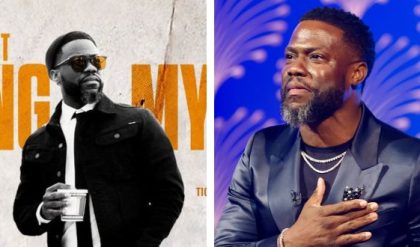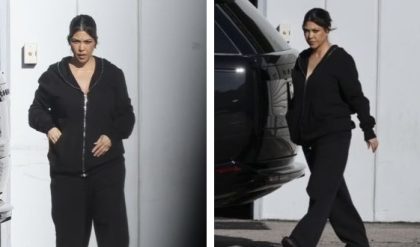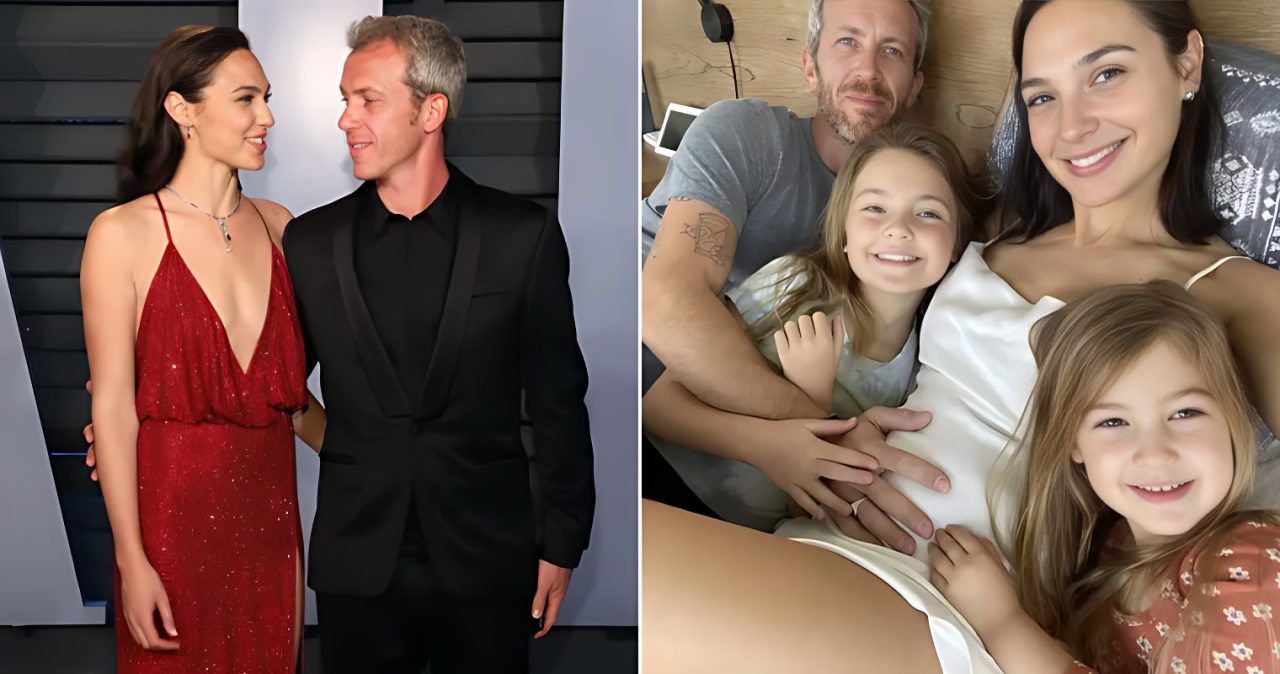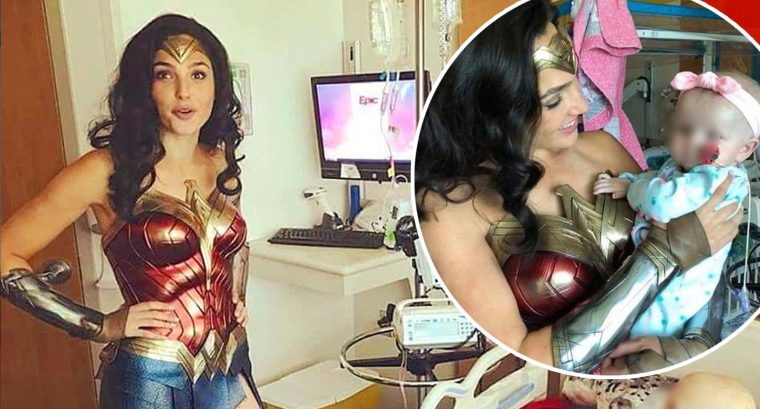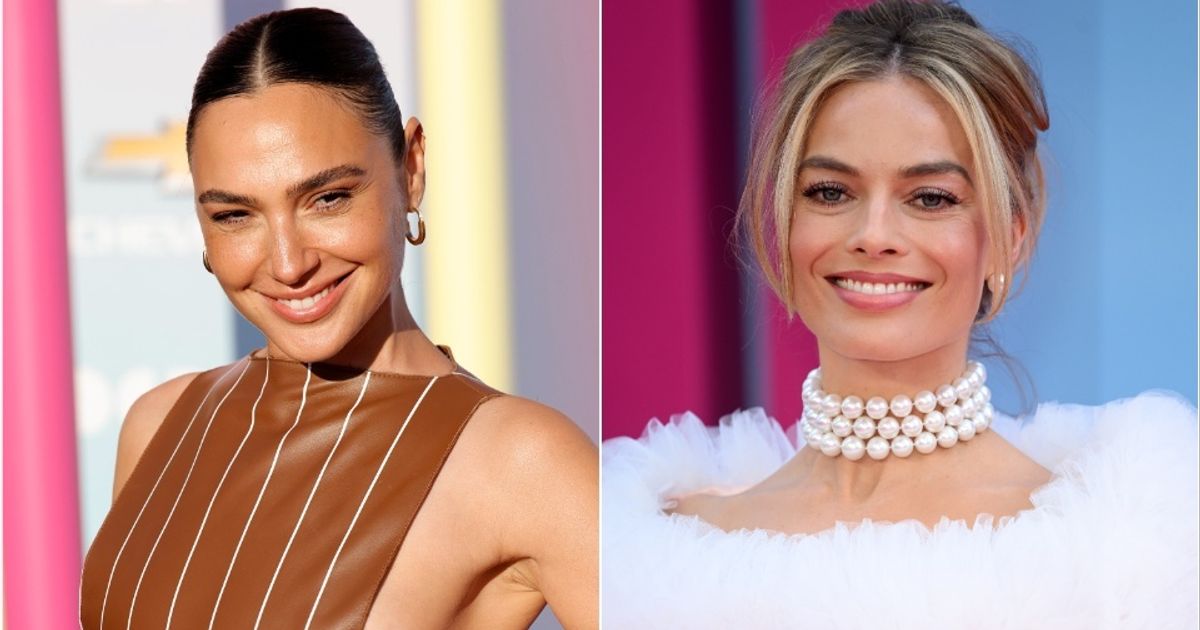Though several of the superhero genre’s best movies are sequels, some follow-ups from both Marvel and DC failed to capture their predecessor’s magic.

All too often, sequels based on superhero films from Marvel and DC don’t match up to the success of their predecessors. For decades, various production studios have developed feature films based on characters from both Marvel Comics and DC Comics, but while some films have had a massive cultural impact, others have been rather disappointing. This onus usually falls on sequels to some of the more popular superhero films, as sequels have the harder job of delivering a solid story while trying to live up to the success of the original film.
As the largest superhero film franchise, the Marvel Cinematic Universe perhaps has the most offenders when it comes to disappointing sequels. Even so, Fox’s X-Men franchise, Sony’s Spider-Man Universe (and previous Spider-Man adaptations), and DC’s long cinematic history have produced some lackluster projects that are usually better left unmentioned. While it’s often more appealing to discuss the high points in these various franchises, here are a few examples of some of the most disappointing superhero sequels.
10.Superman III

Alexander and Ilya Salkind bought the film rights to DC’s Superman in 1973 and immediately set to work on developing a film series that saw Christopher Reeve assume the role of the Man of Steel. While 1978’s Superman and 1980’s Superman II were critical success stories, 1983’s Superman III was a major disappointment. Comedian Richard Pryor played tech genius Gus Gorman, and many thought his performance detracted from the more serious tone of the first two films. While the original films grossed $300 million and $190 million, respectively, Superman III only racked up roughly $80 million, though a fourth film starring Reeve was still developed, ending the franchise.
9.Thor: The Dark World

Despite its financial success, Thor: The Dark World is still widely considered to be one of the MCU’s weakest installments. Releasing during Phase 2 in the wake of The Avengers, Alan Taylor took over as director of the 2013 film, replacing Kenneth Branagh, who directed 2011’s Thor. The lackluster narrative and lack of personality were common complaints – something which Taika Waititi would bring in spades to Thor: Ragnarok – though Chris Hemsworth and Tom Hiddleston’s performances were praised. Thor: The Dark World was the lowest-rated MCU film on Rotten Tomatoes until the 2021 release of Eternals.
8.Blade: Trinity

1998’s Blade is often cited as Marvel’s first successful film, featuring Wesley Snipes as Eric Brooks, a Dhampir (a human with vampire strengths but none of the weaknesses). The 2002 sequel, Blade II, saw a more mixed reception but was still a box office hit, but 2004’s Blade: Trinity was the final nail in the franchise’s coffin. Blade: Trinity’s formulaic themes, poor direction, campiness, and loose narrative were all criticized, eventually leading to the cancelation of several planned spinoffs. Mahershala Ali will portray the character as part of the MCU’s Blade reboot in 2024, hopefully allowing viewers to finally move on from Blade: Trinity’s disappointing aftertaste.
7.Batman V Superman: Dawn Of Justice

Following the success of Man of Steel, director Zack Snyder set out to expand the DC Extended Universe with the 2016 release of Batman v Superman: Dawn of Justice. On paper, bringing Superman and Batman together on the big screen should have worked, but the film’s overwhelming visual effects, dark tone, and Jesse Eisenberg’s performance as a strangely-manic Lex Luthor were all met with scrutiny. Despite seeing box office success, Batman v Superman: Dawn of Justice saw a monumental second-week drop of 81.2%, even without facing any big competition. The DCEU would spend years trying to recover but ultimately failed, as the franchise will be reset after 2023’s The Flash.
6.Wonder Woman 1984

Led by acclaimed director Patty Jenkins, 2017’s Wonder Woman was one of the DCEU’s biggest success stories, leading to the development of a sequel. Wonder Woman 1984 released in 2020 after huge delays due to the COVID-19 pandemic, but this would only mark a fraction of the film’s problems. Criticism fell on Wonder Woman 1984’s clichéd depiction of the 1980s, uninteresting screenplay, and a controversial body swap storyline that stirred up important conversations about consent. Gal Gadot’s performance and score were praised, but it wasn’t enough to save the franchise, as a planned third Wonder Woman film was canceled following DC Studios’ 2022 shake-up.
5.Iron Man 2

The MCU kicked off in 2008 with Iron Man, debuting Robert Downey Jr. as Tony Stark, a.k.a. Iron Man, Marvel Studios’ first superhero. While Iron Man is often regarded as one of the strongest additions to the MCU, its 2010 sequel, Iron Man 2, failed to live up to the original’s success. Iron Man 2 was met with a mostly positive response, but the consensus is that it simply couldn’t match the thrills, humor, and heart of Iron Man. The film’s depiction of its villains, including Mickey Rourke’s Whiplash and Sam Rockwell’s Justin Hammer, was also criticized – as Iron Man 2 seemed to waste any potential they might have had.
4.X-Men: The Last Stand

X-Men: The Last Stand marked Fox’s first attempt at bringing Marvel Comics’ memorable Dark Phoenix Saga to the big screen, combined with 2005’s Gifted arc. Despite being the highest-grossing film in the X-Men franchise at the time of its release, X-Men: The Last Stand‘s poor adaptation of the Marvel Comics storyline and lack of care for some of its most important characters were heavily criticized. The performances of Patrick Stewart, Ian McKellen, and Famke Janssen were praised, though the unmemorable direction and overwhelming action sequences led many to consider The Last Stand the weakest link in Fox’s now-defunct X-Men franchise.
3.Batman & Robin

Not just one of the most disappointing superhero sequels, 1997’s Batman & Robin is widely considered to be one of the worst big-budget films ever made. Director Joel Schumacher infused every moment of the George Clooney-led DC adaptation with tongue-in-cheek gags, campiness, and frantic jokes that overshadowed any semblance of a story. Completely divergent from the DC Comics source material, subsequent superhero filmmakers, including Marvel Studios chief Kevin Feige, have cited Batman & Robin as an incredibly important film – showing filmmakers exactly what not to do. 20 years after the film’s release, Joel Schumacher even apologized and took full responsibility for the film’s poor reputation.
2.Avengers: Age Of Ultron

At first glance, Avengers: Age of Ultron was a massive success story for the MCU, grossing almost $1.5 billion at the box office and acting as a strong follow-up to 2012’s The Avengers. However, audiences weren’t so generous with the Phase 2 film, deeming it significantly inferior to The Avengers and criticizing the film’s depiction of Ultron, a major villain in Marvel Comics who should have had more of an impact in the MCU. Instead of focusing so much on its own story, Age of Ultron spent a great deal of time setting up future storylines, such as introducing Vision and the Maximoff twins and teasing the separation of the Avengers.
1. Spider-Man 3

Despite grossing more than 2002’s Spider-Man and 2004’s Spider-Man 2, Sam Raimi’s 2007 sequel didn’t fare as well with audiences. Whereas both its predecessors had been met with widespread acclaim, Spider-Man 3’s lack of humor, slow pace, unrefined villains, and disjointed narrative all contributed to its downfall, and Sam Raimi later referred to Spider-Man 3 as “awful,” akin to Joel Schumacher’s confession over DC’s Batman & Robin. A planned Spider-Man 4 was canceled, leading to the development of The Amazing Spider-Man series and the eventual debut of Tom Holland’s Spider-Man in the MCU. Spider-Man 3’s Tobey Maguire would later reprise his Marvel role in Spider-Man: No Way Home.
